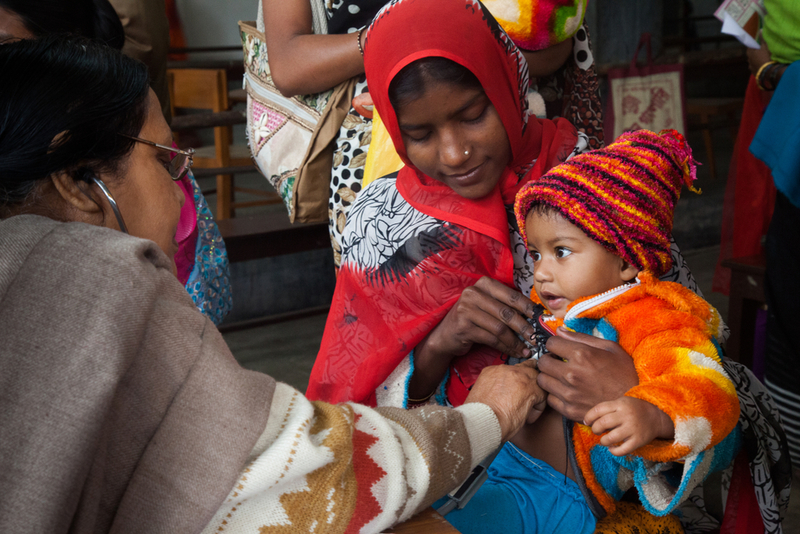India's medical care: Delineating an effervescent metamorphosis
UNI May 27, 2019
Talking to UNI, Dr Vikram A Munshi, an expert of healthcare, said, "Shifting the focus to patients, rather than the doctors, will benefit both the pharma companies, as well as the patients, who are the end customers."

Health is the greatest possession. Contentment is the greatest treasure. Confidence is the greatest friend....the iterate from Laozi's Tao Te Ching presses home health system as of paramount importance, particularly in India, to reinvigorate within the shadow of its services.
According to Dr Munshi, who runs White-Space, a business consultancy that is enabling heathcare companies transform the way they function, things are changing for good. "India has a shortage of six lakh doctors. Somehow, it leads to pharma companies shifting their focus to the medicos, rather than the patients, which are actually the end customers, " he said, adding that the government needs a uniform policy for healthcare. Profit is good, profiteering is not, he pointed out.
'Government statistics for 2008 show that based on vacancies in sanctioned posts, 18 per cent of primary health centres were running without a doctor, while about 38 per cent had no laboratory technician and 16 per cent were without a pharmacist,' said a paper titled 'Forecasting the future need and gaps in requirements for public health professionals in India up to 2026,' published in the WHO South-East Asia Journal of Public Health.
The health workforce in India comprises broadly eight categories, namely doctors (allopathic, alternative medicine); nursing and midwifery professionals; public health professionals (medical, non-medical); pharmacists; dentists; paramedical workers (allied health professionals); grass-root workers (frontline workers); and support staff.
According to Dr Munshi, who holds a PHD form Birla Institute of Technology, interaction with patients is very important for the health care providers, so as to improve their Key Performance Indicators (KPIs). Besides, the administrative process should be aligned in such a way that both the patients, as well as their care takers, have a hassle-free stay at the hospital.
Another point the industry needs to focus on, is shortening the patients' stay in hospitals, which is beneficial for both the hospitals, as well as the patients. If the paramedics are not doing their work with heart, it shows. They should work the way a mother takes care of her kids, the way she cooks delicious food for them, tends to their needs and gives them unconditional love.
Regular monitoring of health policies and audits in regular intervals, will ensure transparency in the system, he suggested, thus increasing the customer satisfaction, as well as enhancing the patient's experience, the expert concluded.
-
Exclusive Write-ups & Webinars by KOLs
-
Daily Quiz by specialty
-
Paid Market Research Surveys
-
Case discussions, News & Journals' summaries